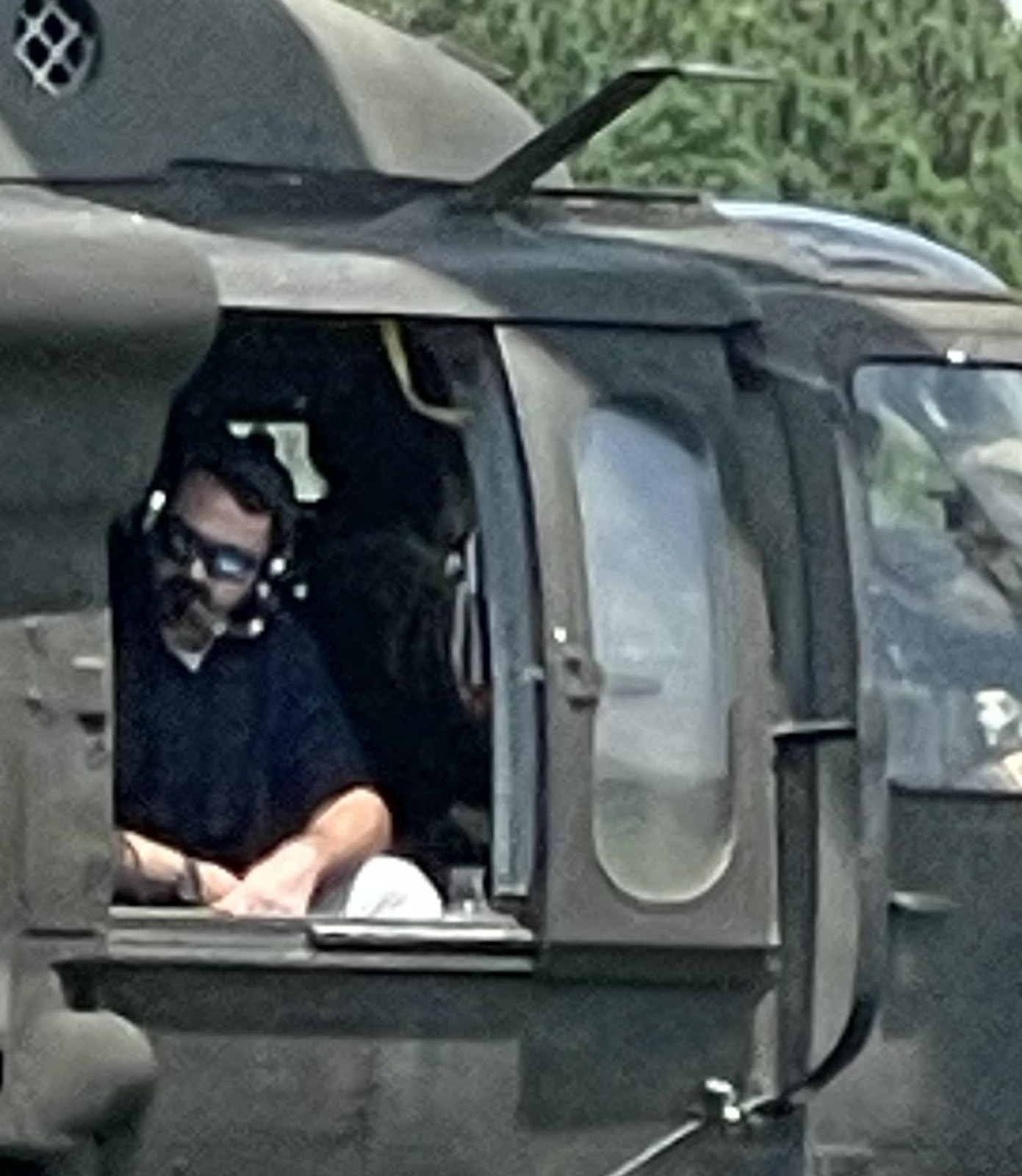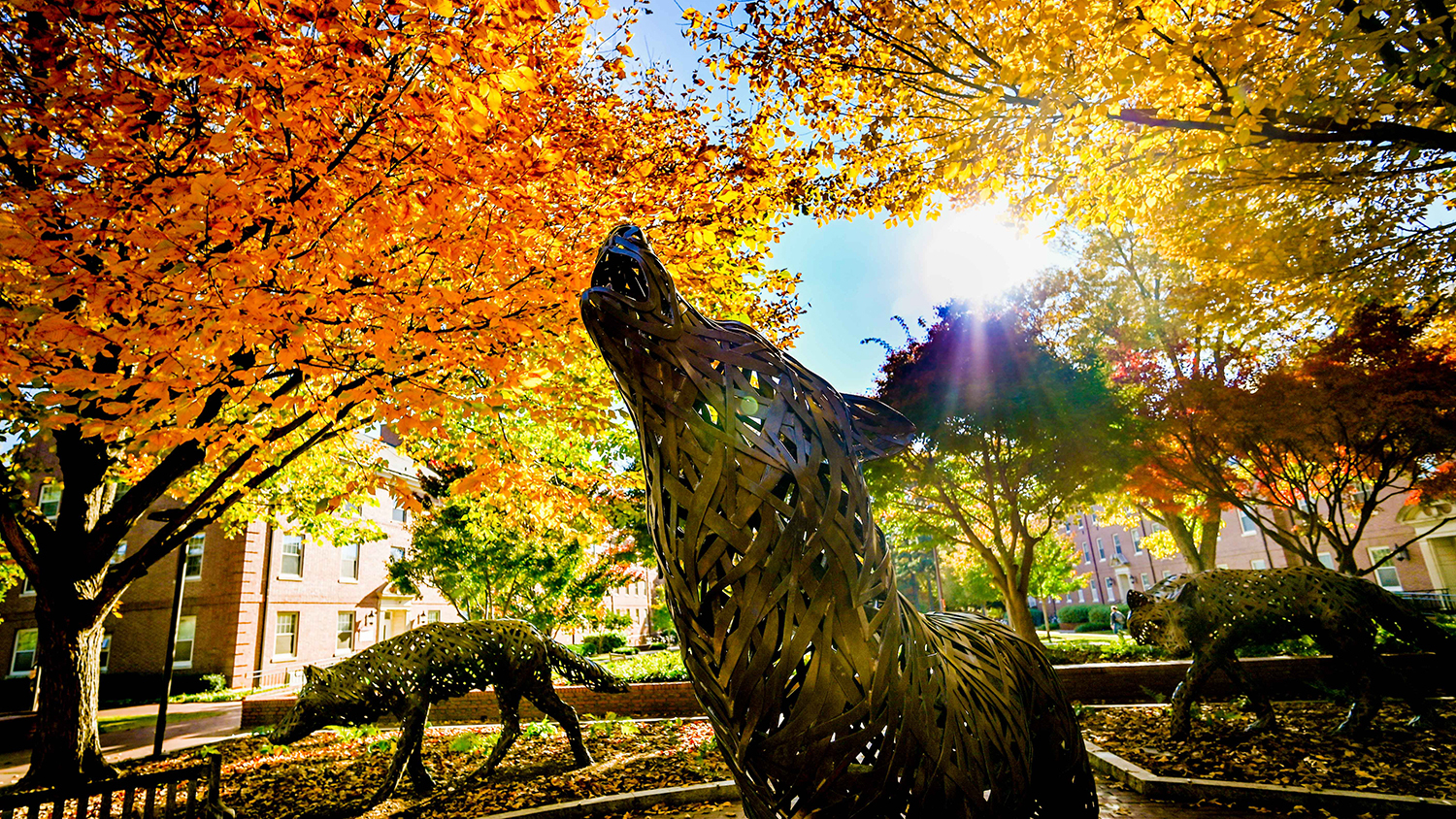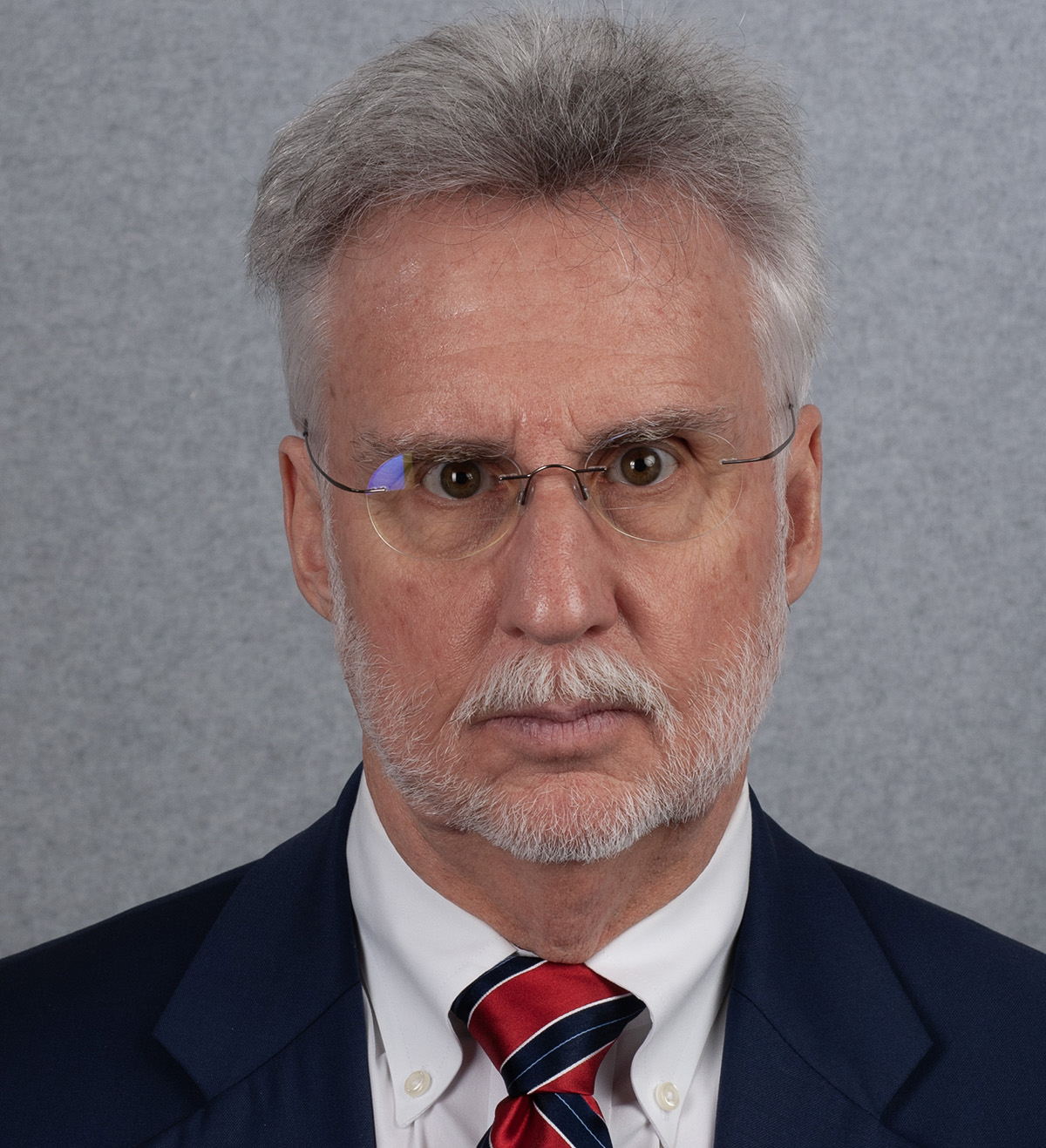John Rodney “J.R.” Griffin II is the emergency services branch manager for the Division of Emergency Management under the NC Department of Public Safety. The Emergency Services Branch is home to all of the State level response programs, including Regional Response Hazmat Teams, Urban Search & Rescue Teams, Structural Technical Specialist Teams, Helo-Aquatic Search & Rescue Teams, Swiftwater Search & Rescue Teams, Disaster Medical Teams, Mountain Rescue Teams, and Wilderness Search & Rescue Teams. As branch manager, Mr. Griffin supervises all of the program managers in the branch, as well as all of the teams in their discipline.
“What I enjoy most about my job is that each day is different,” he said. “Although no one day is the same in emergency management, each day we make a difference in someone’s life. The biggest challenge we face is the lack of resources available to our agency to fulfill our duties. We would love to do some projects but just can’t.”
What is a typical workday for you?
As stated earlier, there is no typical workday in emergency management. However, we have regular weekly and monthly meetings with various agency members. In the Emergency Services Branch, everyone pulls a week-long on-call time period where we assist local agencies with state resource assistance according to the incident involved. During the on-call week, staff members must always be available by phone.
How did the MPA Program at NC State prepare you for your current position, and what do you think are the most critical skills public service administrators need for the future?
I was an in-service student and was already working when I started the program. However, I did receive several promotions before I finished. I credit the MPA program for the “soft” skills it provides because the courses are taught in person, which builds confidence.
Regarding the critical skills that are necessary for the workforce, I would say the most crucial are the ability to communicate effectively with others, write appropriate emails, use Excel, and build surveys.
What was your favorite part of the MPA program?
My favorite part of the MPA program was learning to take my skills further. Coming into the program with several years of experience in government, the MPA program amplified my skills with the vocabulary and tools necessary to improve my job through efficiency and knowledge.
What inspires you most about working in public administration, and was there an ‘aha’ moment that you can share that made a difference to your approach or thinking?
I am different, I guess. I am a third-generation firefighter and was the first in my family to become a paid member. So, right out of high school, I started learning about the workings of government and, more importantly, how public service made an impact. As time passed, I knew I wanted more than the “local level” of government. I wanted to make even more of an impact. With that, the ‘aha’ moment came into play in furthering my education – first, by obtaining my bachelor’s degree, then going on to complete the MPA program. The MPA degree program is the “MBA for government,” so it was a no-brainer. With an MPA on your resume, you can climb as far as you want to in government.
- Categories:



